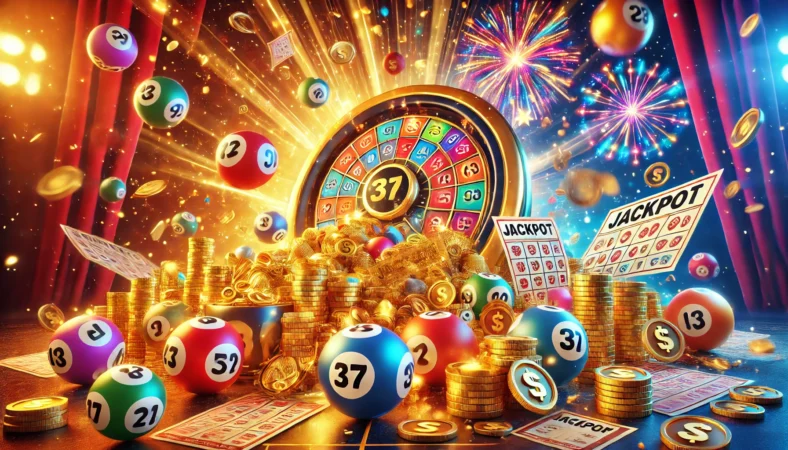A Reset That Didn’t Work
After a tough year of losses, I’d hoped a holiday would serve as a much-needed reset—a chance to recharge and return to the tables ready to turn things around. Instead, it only delayed the inevitable. Within days, I was back in my seat, watching my graph dive deeper into the red.
The options became stark: either give up or find a way to adapt. Moving down stakes was a practical first step, but it’s clear I need something more profound to regain my competitive edge at higher levels.
The Root Cause: Lack of Curiosity
In a candid conversation with my friend Ben, he pinpointed the problem: a lack of curiosity. At first, I was baffled. What does curiosity have to do with my poker results? Ben explained, “You have to take an interest in the spots you’re in and care about why one decision might be better than another.”
Recently, much of my game has revolved around guesswork rather than understanding. Guessing might get you by, but it’s no substitute for knowledge. Worse, I wasn’t taking the time to revisit those decisions, analyze them, or learn from my mistakes. This complacency was holding me back, and it wasn’t until Ben’s blunt assessment that I realized the depth of the issue.
A Lightbulb Moment Through Study
The funny thing about studying poker is that once you commit to it, the game itself starts to feel exciting again. Recently, I went over some hands with another friend returning to poker, including one where he bluffed off a stack.
The situation involved him flatting in the big blind against an under-the-gun open. He check-raised on a flop, his opponent called, and the turn brought the .
“Range check,” I declared, relying on an old heuristic. The is such a strong card for the in-position player that it significantly diminishes the big blind’s value range. My friend, curious and eager to understand, wanted to dive deeper: What’s the solver’s take on his check-raise? How should the opponent respond? What happens if the turn checks through?
His curiosity was infectious. It reminded me what it means to truly care about improving—not just playing but actively seeking to understand the game’s complexities.
Building a Platform for Growth
Curiosity can’t be forced, but sometimes, just taking the first steps—studying one hand or discussing a single spot—can reignite your interest. Once you see improvement or find an opportunity to apply new knowledge, motivation follows naturally.
What I’ve learned is this: Guessing is fine, but stopping there isn’t. Every guess, whether correct or not, is a starting point for growth. What matters is the willingness to dig deeper, challenge your assumptions, and build a platform for improvement.
The Path Forward
Taking a holiday might help you recharge, but it won’t fix your leaks. True progress comes from embracing curiosity, delving into the game’s nuances, and turning every decision into a learning opportunity. It’s not about knowing everything right away—it’s about caring enough to figure it out later.
For me, the road back to success starts here: with curiosity, a few good questions, and a willingness to improve. Let’s see where it leads.
